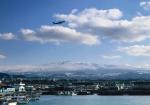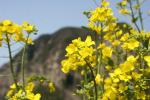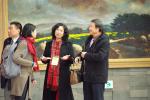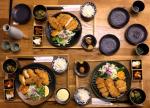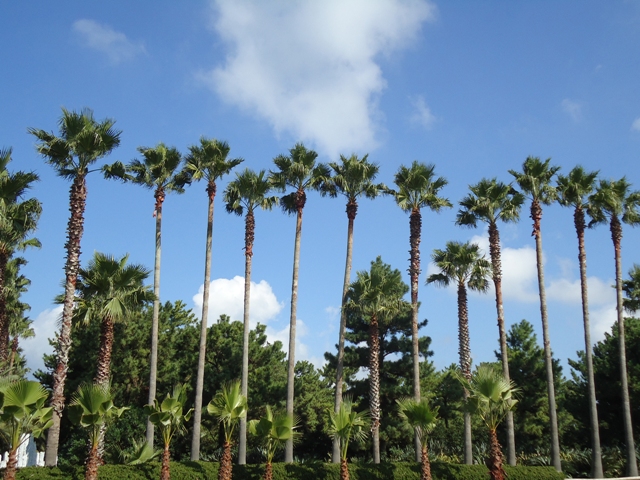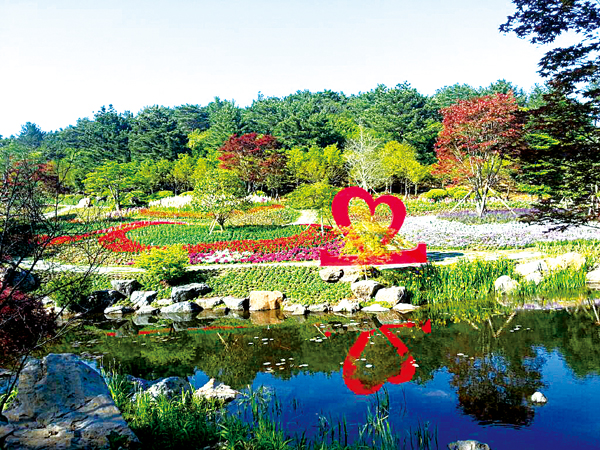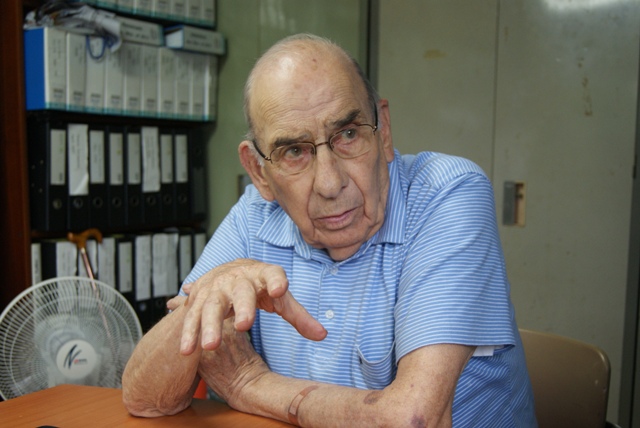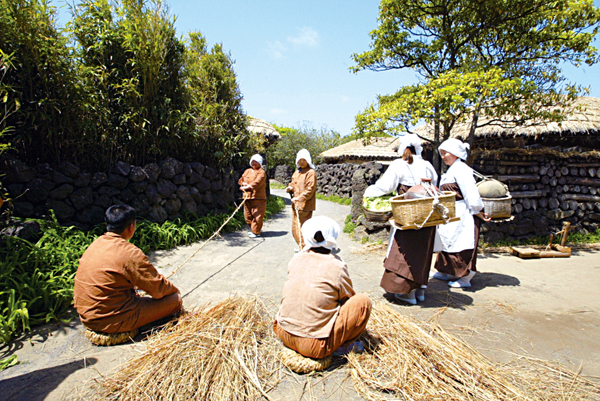| |
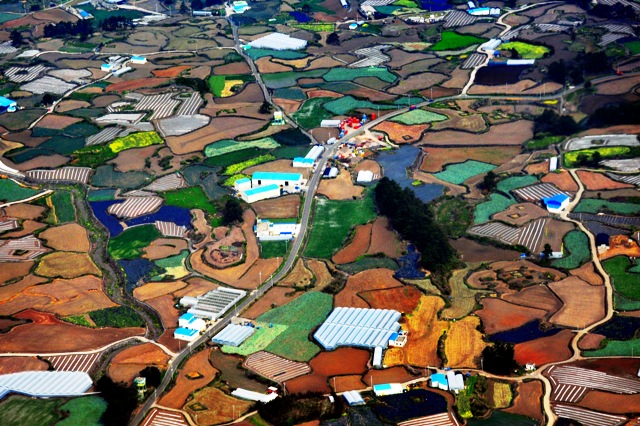 |
|
| ▲ The number of land plots sold in January dropped by 18 percent Photo courtesy Jeju Special Self Governing Province |
Data for January from the Ministry of Land, Infrastructure and Transport show that both land and housing sales are down on Jeju, in signs that the property market is overheated.
January housing sales dropped by 16 percent year-on-year, from 1,315 transactions in 2016 to 1,105 this year. That represents a 14.1 percent drop on the five-year average for January and follows a 5.1 percent drop in housing sales for December.
A drop in housing sales is happening across the country. January figures from the Seoul metropolitan area indicate a 12.3 percent decrease year-on-year, although this was still a 20.7 percent increase on the five-year average.
The drop-off was significantly smaller in the mainland provinces where sales dropped by only 0.5 percent, which is up 9.3 percent on the five-year average for January.
Apartments are the favored form of real estate investment in Korea and sales were down 4.1 percent in January nationwide. The drop was worse for townhouse and multiplex housing, and single-family housing sales, which dropped 10.4 and 9 percent respectively.
When compared to the five-year sales average the figures still represent an increase, with apartment sales up 9.2 percent, townhouse and multiplex housing up 21.8 percent, and single housing up 27.4 percent.
The Jeju market has enjoyed hotspot status in Korean real estate over the last few years with rapid growth between 2011 and 2015.
Although sales volume is still relatively high, monthly sales figures have been dropping year-on-year since 2015. Current sales are at 2014 levels by volume.
The housing slowdown has been matched in land sales. The number of plots sold in January was 6,321, which was a drop of 18 percent. The drop was sharper - 51 percent - for total land area sold (529,000 square meters). Excluding trust deals the decreases were 13.6 percent and 14.5 percent respectively.
Analysts attributed decreased market performance to elevated enforcement of anti-speculation laws, reduced tax breaks, and a crackdown on illegal realtor activities.
Soaring land prices have also put off many buyers, and local realtors believe this may be an indication that mainlanders’ “Jeju fever” for local property is cooling.
“Many in the industry say that Jeju has been overheating for a while and now we see the figures to back that up. Jeju is losing its competitive advantage over other regions,” said Kim Seon-young, an independent realtor on Jeju.
Whereas previously mainlanders dominated the market, figures show that 64.8 percent of buyers in January were Jeju residents, while 11.7 percent were from Seoul, and 23.6 percent from elsewhere.
The province is also increasing its regulation of land use to help stabilize the market.
For example, property registered as agricultural land but not being used as such is being investigated. Local authorities say there are nearly 3,000 landowners not using their registered farmland for agricultural purposes. Jeju City and Seogwipo identified 2,900 such landowners controlling some 4 million square meters.
Landowners in Jeju City have until March 10 to respond to the charge, while those in Seogwipo must do so by March 3. If officials rule that the landowners were acting unlawfully they could be forced to sell their land. |






